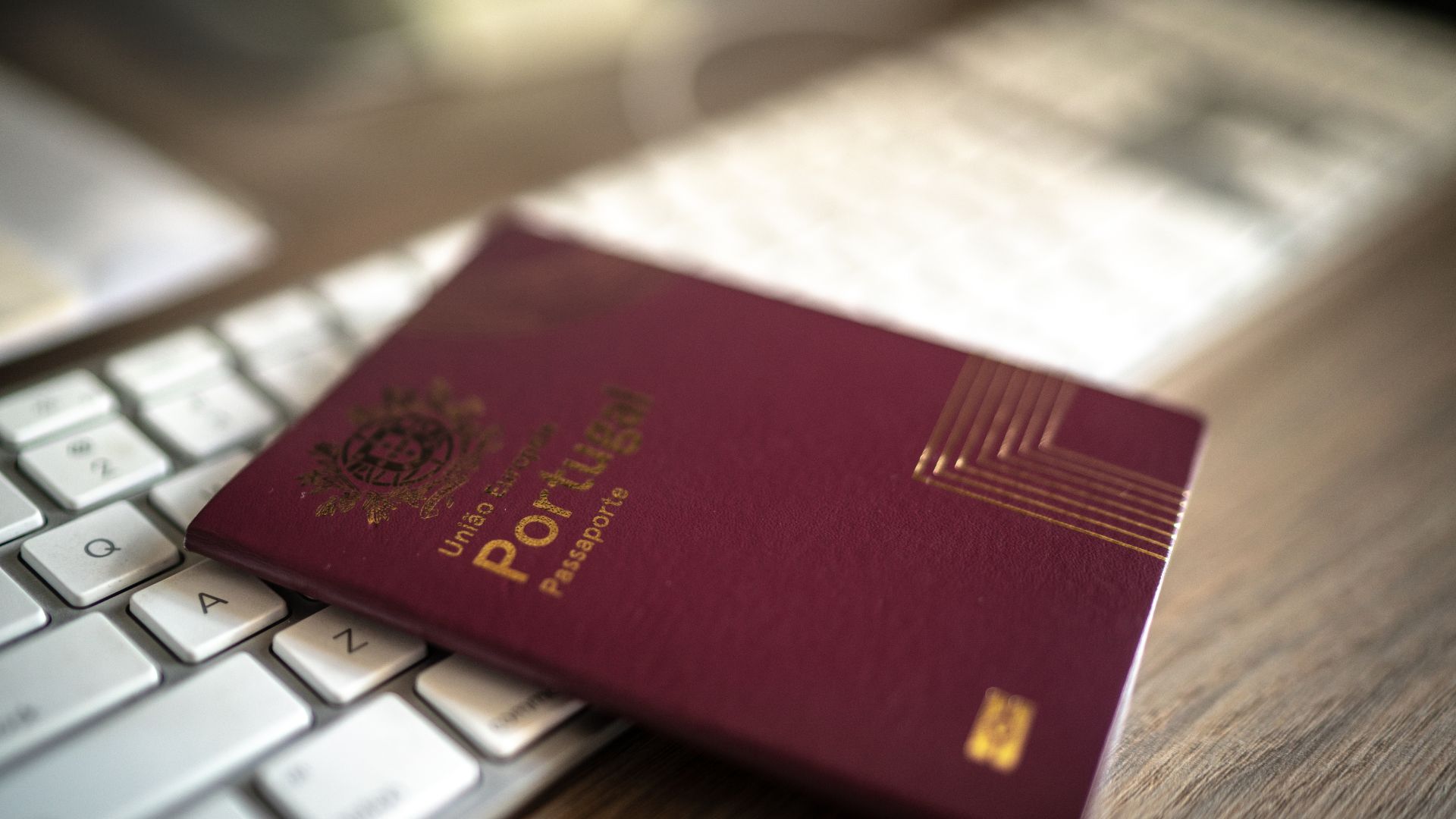This website uses cookies so that we can provide you with the best user experience possible. Cookie information is stored in your browser and performs functions such as recognising you when you return to our website and helping our team to understand which sections of the website you find most interesting and useful.

Portuguese Golden Visa: the fundamentals about the new requirements
December 16, 2023

The new requirements regarding the Portuguese Golden Visa has brought about several changes in the application process.
Here are the fundamental aspects you should be aware of when applying for a Portuguese Golden Visa.
The primary aims of the Portuguese Golden Visa Program
The Portuguese Golden Visa, which was introduced in October 2012, had as its main goal to allure international investors, particularly in the real estate sector. Initially, the Golden Visa in Portugal was valid for a period of 5 years, and one of its notable advantages is that it only required an average stay of 7 days per year. Upon completion of the 5-year period, applicants had the opportunity to request for portuguese citizenship.
How the Portuguese Golden Visa program operated before the latest amendments
1. Purchase property valued at 500,000 euros.
The predominant approach to obtain the Portuguese Golden Visa involved acquiring one or multiple properties, ensuring a cumulative investment of 500,000 euros. The investment had the potential to generate income through property rental.
- Purchase aged properties in urban revitalization zones.
The investment value in real estate was reduced in instances where the acquired property was constructed over 30 years ago, and situated in urban revitalization zones. In such scenarios, the required investment amount to obtain the Portuguese Golden Visa stood at 350,000 euros.
- Purchase real estate in areas with low population density.
If individuals were only interested in applying for the Portuguese Golden Visa, but didn’t intend to invest the specified amounts, they had the option to reduce the investment value by 20% (280,000 euros), by selecting a property situated in a low-density area.
The new regulations speed up your residence authorization process.
Up to this point, the 5-year period for acquiring Portuguese nationality would commence only after the residence permit was granted. However, under the new regulation, the countdown for obtaining nationality begins from the initial meeting with AIMA, the new government agency that has replaced SEF. This modification has resulted in a reduction of the time required to obtain a permanent residence permit, now taking 6 years instead of 7.
Real estate investments no longer qualify for golden visa applications.
Following the implementation of the legislative program “Mais Habitação” on October 7th, foreigners in Portugal are no longer eligible to obtain a Golden Visa through real estate investments. Nevertheless, investing in non-real estate funds remains a viable option for obtaining a Golden Visa. Under the new regulation, has been set at a minimum value of 250.000€ and a maximum of 500.000€.
You must show genuine desire to live in Portugal.
Regarding the status of non-habitual residents, the grace period of 1 year remains unchanged. Additionally, proof of intention to relocate to Portugal is still required, provided that it was submitted in 2023. Furthermore, the new regulation has introduced stricter requirements for the source of funds. Applicants are now required to provide detailed information about the origin of their investment funds, including bank statements, tax returns, and other supporting documents. This is to ensure that the funds used for the investment are obtained legally and do not come from illegal activities.
In summary, the new regulation regarding the Portuguese Golden Visa has brought about several changes in the application process. It is important to be aware of these changes, such as the reduction in the time required to obtain a permanent residence permit, the exclusion of real estate investments as a qualifying option, and the stricter requirements for the source of funds. By understanding these fundamental aspects, you can navigate the application process more effectively and increase your chances of obtaining a Portuguese Golden Visa.

